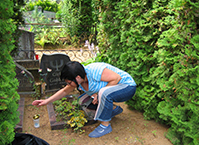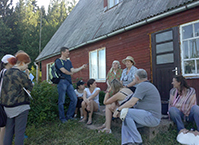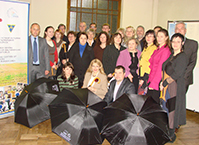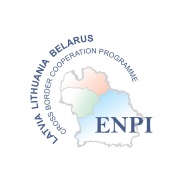And what could you tell me about Christmas and New Year celebrations?
Categories: Liga Seikste-Deksne
And again, if we are talking about Soviet times, then considering Christmas, I’d say, being a child, I had never felt that the festival would have been prohibited. It simply was not. That was not in the sense in which we understand it now. If, perhaps, in Catholic Latgale, where there are a lot of churches, where people at least outwardly show their religious belonging, then in Vidzeme that was not so obvious. The New Year was officially celebrated in the country, the New Year celebrations were organized at schools and at work collectives, all of them were related to the New Year’s coming. There were really many events, in the centre of which there always was Father Frost, Snow-Maiden, presents; poems were cited and songs were sang at the Christmas tree.
Christmas was not especially emphasized, but for children that was a great delight and that was practiced at very many homes that the Christmas tree was brought in the evening of 24 December. Children maybe wanted to get it in as early as on 1 December, or when the first snow falls – in hope that the New Year would come faster. But the very day of 24 December was not very much stressed in a sense that it was something associated with Christmas, Winter solstice or Baby Jesus, but on 24 December almost everybody brought home a Christmas tree. And then, people could decorate the Christmas tree and wait for the New Year to come in a week.
The other thing, since there were no fireworks, a very widespread phenomenon was hunting and hunters’ collectives. Almost every third man had some gun at home. And then, at midnight, hunters went to shoot the old year, at least it was called so. Then we were standing in the yard and the father fired his rifle and we watched where someone else would fire. Then we tried to find those rocket shells; and who had found something prettier and more interesting, because fireworks as such did not exist. But the rumbling on the New Year was great.
Audio
Researcher: Dr. philol. Valentīns Lukaševičs, Daugavpils Universitāte










